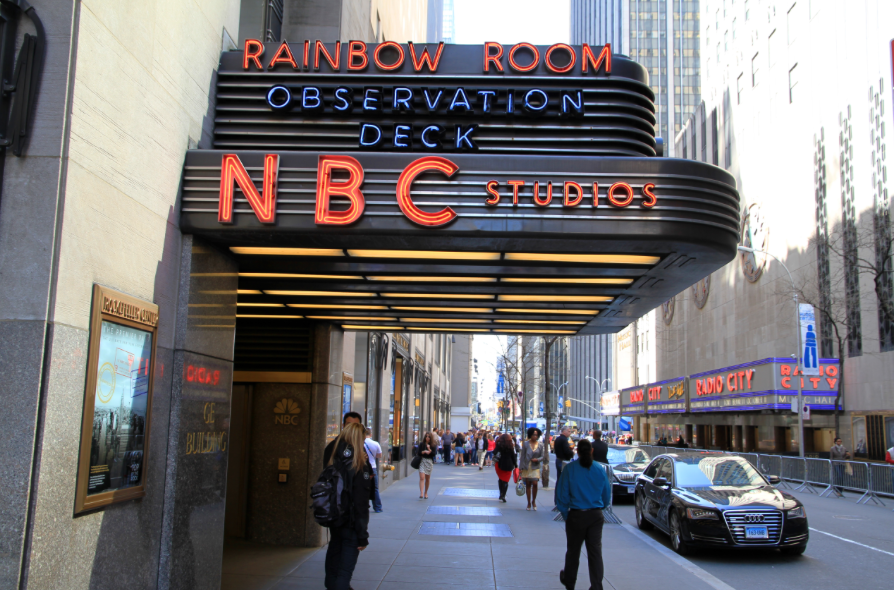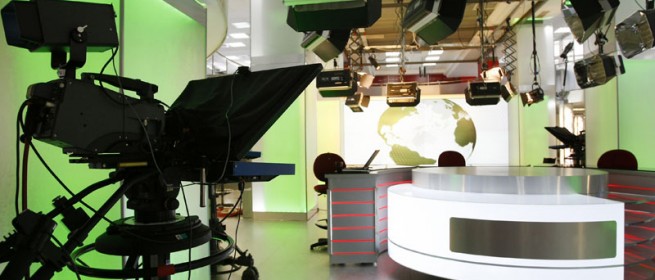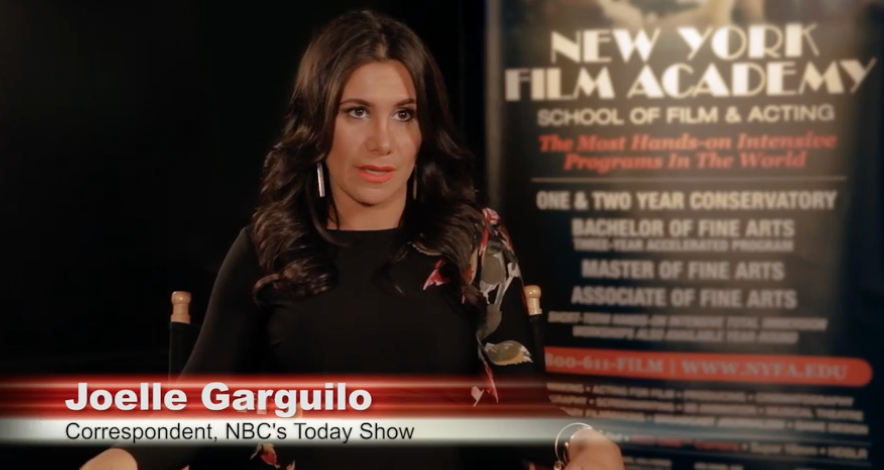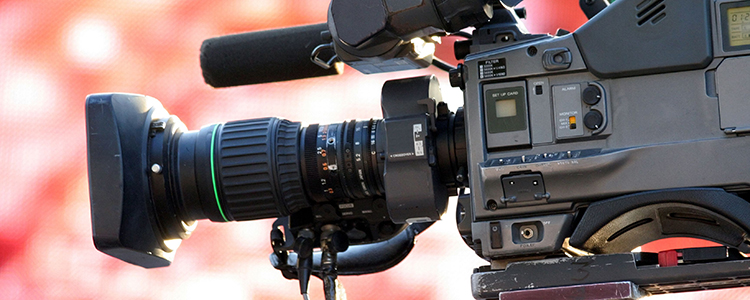Broadcast journalism is an ever-changing medium which has really thrived over the last decade, so it’s little surprise that so many people are looking to break into the field at a professional level. Choosing a broadcast journalism school that is right for you can be the difference between make or break, so it’s of utmost importance to get it right…
… but with so many programs out there, how do you best discern which one will fit your needs? Stick with us as we discuss:
5 Things to Consider When Choosing a Broadcast Journalism School
1. How Intensive Is The Broadcast Journalism Curriculum?

Some subjects, particularly the hard sciences, are best studied through theoretical, classroom based learning. As a profession which mixes both technical knowledge with presentation aesthetics, broadcast journalism is better learned through putting theory into practice.
When dealing with complicated broadcasting rigs, green screening, and a crew comprised of many different skillsets, a lot of things can (and will) go wrong. This is an inevitable and perfectly natural part of the job. What’s important is being able to identify and quickly correct such problems when they arise.
Hands-on experience is far and away the best method of acquiring this skill. Learning solely from a textbook or camera manual will only get you so far, but you can guarantee that when you’ve used a particular lens filter for an entire day’s worth of shooting only to get back and find you’ve got unworkable vignetting on the recorded footage, you’re not going to make the same mistake twice!
It’s also worth noting that it’s rare for an employer to consider journalists who don’t have hands-on experience, which can put you in a “no work without experience, no experience without work” conundrum.
2. Where Is It?

At face value, it may seem like a glib question – you choose your broadcast journalism school based on what’s practical and where you’d like to live while you’re studying, right?
These will naturally be large considerations when choosing where to attend, but it’s also important to think about your career outside of the classroom. For most people, that’ll be right in the heart of the action.
Living in, or near, a big city is good for two reasons: firstly, you’ll never be short of a story to use as part of a broadcast journalism project. Secondly, the salary for most media professions is notably higher in areas such as LA or NYC (proportionately much higher than the increased cost of living). So, you’ll get more return on your investment once you’ve graduated from broadcast journalism school.
In addition, it’s far easier to get into internship programs when you’re in a city known for being a media hub.
Lastly, a big benefit of studying in the city is that you’ll have a greater chance of making connections with fellow like-minded journalists. And on that note…
3. How Large Is The School?

You don’t want a ramshackle mobile building in the middle of rural Iowa, and you also don’t want a gigantic broadcast journalism program in which you’ll be lucky to spot the same face in the class twice.
Aim for the middle ground – choosing a broadcast journalism school with medium class intake in the middle of a thriving metropolitan hub means you’ll get to make strong bonds with your fellow students and more one-on-one attention from lecturers, without feeling like just another number.
4. Any Notable Alumni?

As with pretty much any program in any field, it’s always useful to have a look at the provenance of its resulting graduates.
If the program has produced a number of high-profile professionals who have gone on to great success, it’s a sure sign that the school is doing something right. A lack of notable alumni doesn’t necessarily mean the program isn’t suitable, but it does serve as a good rule of thumb.
5. Is The Equipment Up To Date?

It’s surprising how often students will sign up for a broadcast journalism program without first doing research on the school’s equipment, only to turn up and find they’ve got one dilapidated film camera being shared between ten students.
A school which continuously updates its equipment will better set you up for real-life working conditions after graduating, so make sure the equipment on the program mirrors that used in the industry. This doesn’t just apply to the physical equipment, but the software in the editing suite too (as well as the techniques used within it).
Hopefully all of the above will serve as some good food for thought as you set about choosing a broadcast journalism school – best of luck out there!